1. Rottweiler
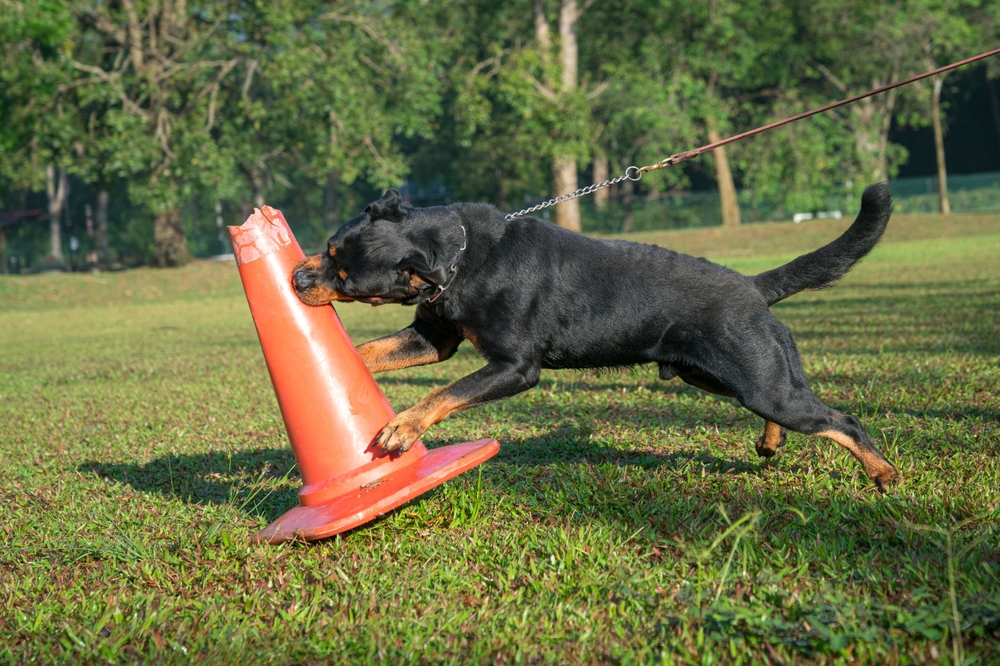
Shutterstock
Rottweilers are known for their protective instincts and powerful build, which makes them excellent guard dogs. However, if not properly trained, they can become aggressive, especially if they perceive a threat to their family or territory. Early socialization is crucial to expose them to different people, animals, and environments, which helps them develop a well-rounded temperament. Positive reinforcement and consistent obedience training are key to managing their protective nature and ensuring they respond appropriately in various situations. Establishing clear boundaries and teaching them calm behaviors can prevent unwanted aggression, making Rottweilers safe, well-mannered pets.
2. Doberman Pinscher
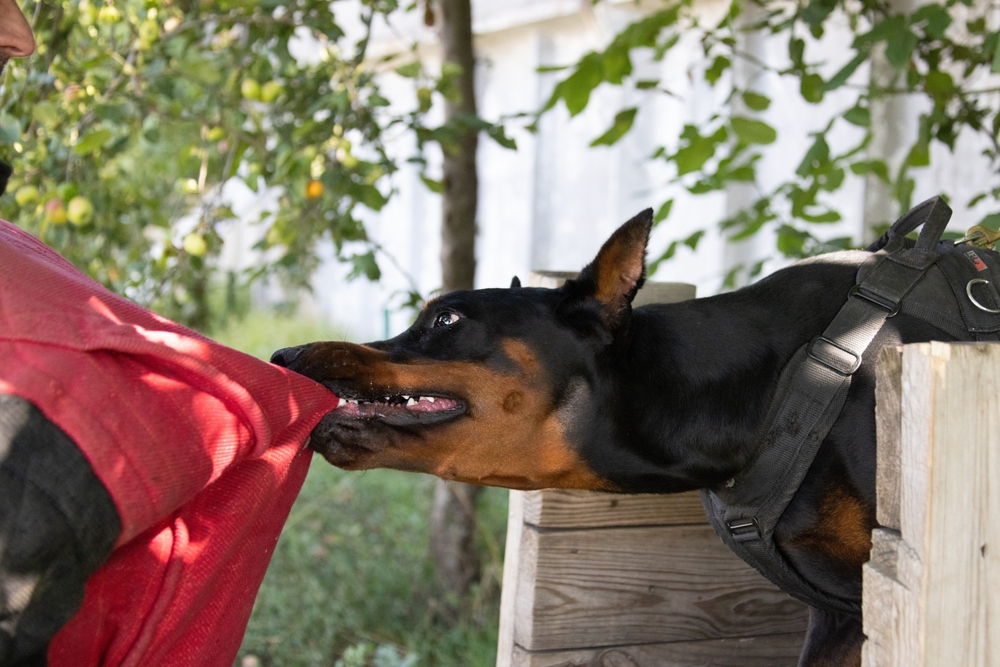
Shutterstock
Dobermans are highly intelligent and loyal dogs, known for their protective and territorial instincts. While these traits make them excellent guard dogs, they can become aggressive if not properly trained or socialized. Early socialization is essential to help Dobermans feel comfortable around new people, animals, and various environments. Positive experiences and gradual exposure to different situations will help reduce their natural wariness. Firm but kind training, using positive reinforcement, ensures they understand boundaries and respect commands. With proper guidance, Dobermans can be well-behaved, confident dogs that are both protective and friendly to their families.
3. German Shepherd
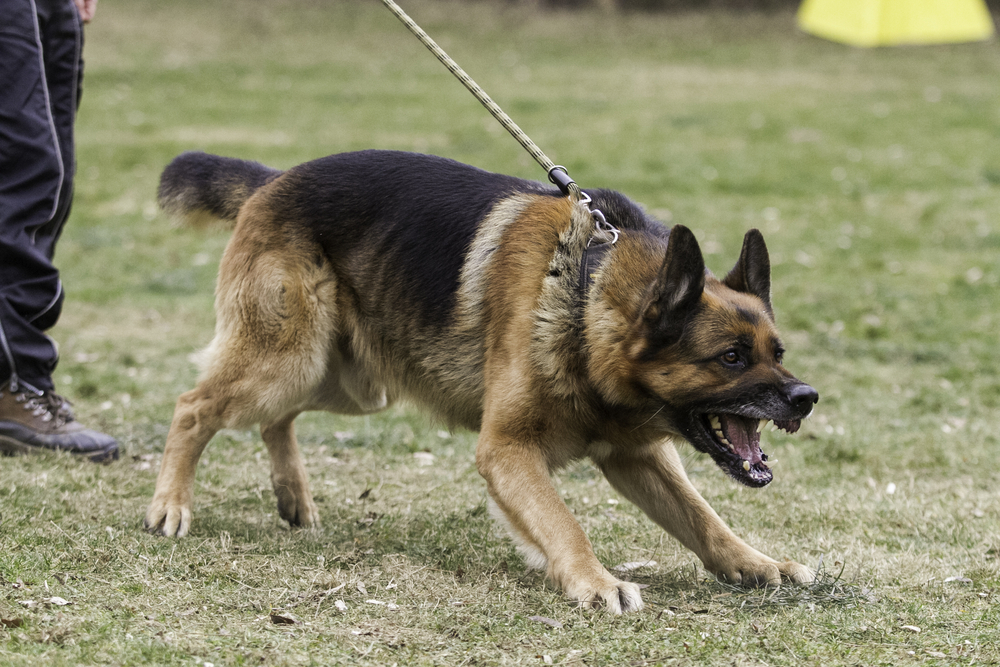
Shutterstock
German Shepherds are known for their loyalty and protective nature, making them excellent working dogs and family pets. However, if not properly trained, they can develop aggressive behaviors, especially if they feel threatened or insecure. Early exposure to other dogs, people, and various environments is crucial in preventing fear-based aggression. Consistent training, including positive reinforcement and clear commands, helps German Shepherds understand boundaries and social cues. With proper socialization and leadership, they can be confident, well-behaved dogs that protect their families without unnecessary aggression, making them both loyal companions and safe pets.
4. Border Collie
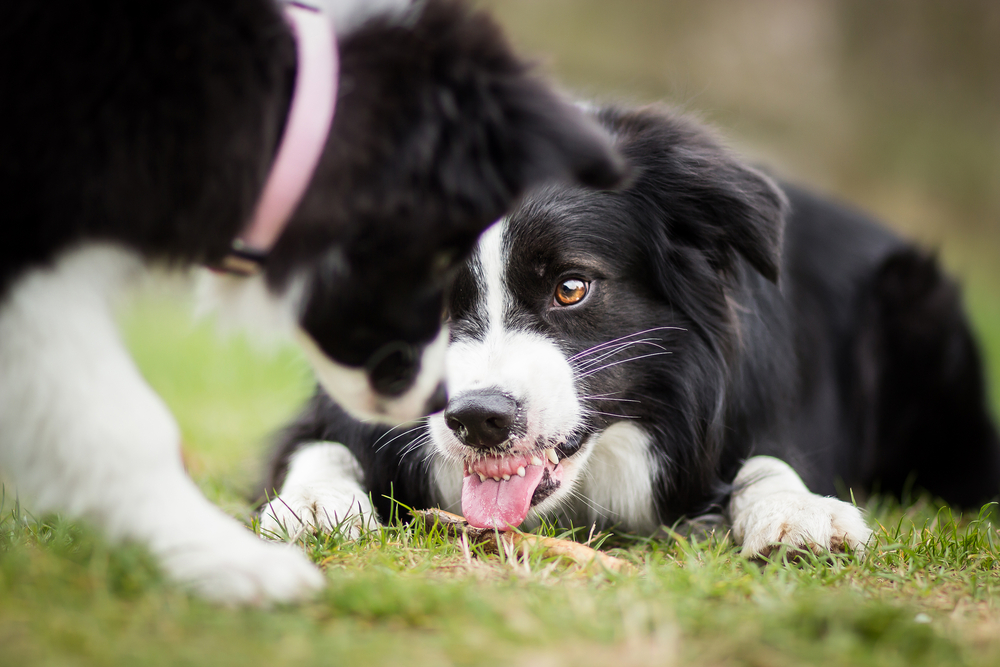
Shutterstock
Border Collies are highly intelligent and energetic dogs that require plenty of stimulation to stay happy. Without sufficient physical and mental exercise, they can become frustrated, which may lead to aggression or undesirable behaviors. Providing a structured routine with regular training sessions helps them focus and channel their energy positively. Consistent training and positive reinforcement are key to teaching them appropriate behavior and preventing frustration-driven aggression. Mental enrichment, such as puzzle games and agility training, also plays a crucial role in keeping them engaged. With the right balance of exercise and guidance, Border Collies can be well-behaved and obedient companions.
5. Chow Chow

Wikimedia Commons
Chow Chows are known for their strong, independent nature, which can sometimes lead to aggression if they are not properly socialized. These dogs are naturally reserved and can be wary of strangers, making early socialization with other dogs and people crucial. Exposing them to different environments and experiences helps them become more adaptable and less fearful. Establishing firm leadership and clear boundaries is essential to manage their temperament and prevent undesirable behaviors. Consistent training, using positive reinforcement, ensures that Chow Chows develop into well-mannered, confident dogs that are less likely to display aggression.
6. Bullmastiff
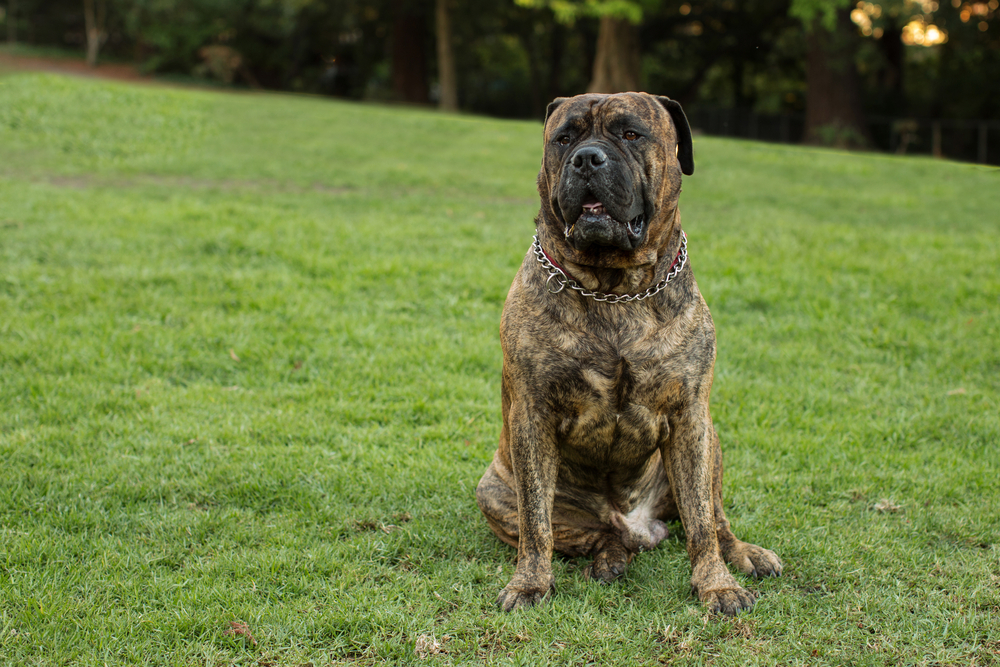
Shutterstock
Bullmastiffs are generally calm and gentle dogs, known for their loyalty and protective instincts. However, their strong guarding nature can lead to aggression if they sense a threat. Early socialization with other animals, people, and various environments is essential to help them distinguish between normal situations and those requiring protective behavior. Introducing them to different experiences from a young age helps reduce fear-based aggression and promotes confidence. Consistent training, along with positive reinforcement, ensures Bullmastiffs understand appropriate behavior. With the right guidance, they can remain calm and controlled while protecting their family without unnecessary aggression.
7. Jack Russell Terrier

Rawpixel
Despite their small size, Jack Russells are energetic and can display aggressive tendencies, particularly if they feel threatened or under-stimulated. These dogs have a high prey drive and can become territorial or defensive if not properly managed. Providing ample physical exercise and mental stimulation is crucial to keeping them balanced and reducing potential aggression. Regular play, puzzle games, and obedience training help channel their energy in positive ways. Consistent socialization with other dogs and people also plays a key role in preventing fear-based aggression. With the right care, Jack Russells can be friendly, well-mannered companions.
8. Australian Shepherd
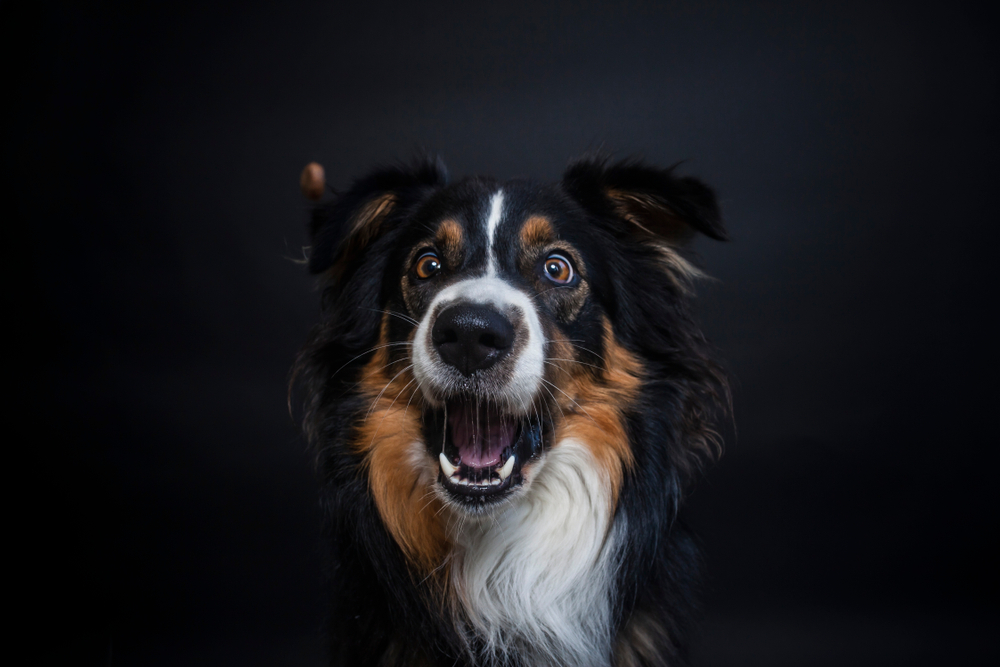
Shutterstock
Australian Shepherds are highly intelligent and active dogs that thrive on mental and physical stimulation. If their energy isn’t properly channeled, they can become anxious or display aggressive tendencies. Consistent training, early socialization, and regular exercise are key to preventing unwanted behaviors and helping them focus their energy in productive ways. Mental enrichment, such as puzzle toys or agility training, also plays a significant role in keeping their minds sharp and preventing frustration. With proper guidance, Australian Shepherds can be well-behaved, happy, and balanced dogs, making them excellent companions for active families.
9. Schnauzer

Wikimedia Commons
Schnauzers are protective and territorial dogs, which can sometimes lead to aggressive behaviors if not properly managed. Their strong sense of loyalty to their family and home can cause them to become defensive around strangers or other animals. Early socialization with different people, animals, and environments is essential to help them become more adaptable and reduce territorial aggression. Positive reinforcement training, where good behavior is rewarded, also helps reinforce calm and balanced behavior. With consistent training and proper socialization, Schnauzers can be friendly, well-adjusted pets that are protective without being overly aggressive.
10. Dachshund

Flickr
Despite their small size, Dachshunds can display aggression, especially when they feel threatened or territorial. Their strong prey drive and protective nature can sometimes lead to them being more assertive than expected. Consistent training from a young age helps teach them proper behavior and prevents unwanted aggression. Early socialization with other dogs, people, and various environments is crucial to help them become more comfortable in different situations. Establishing clear boundaries and using positive reinforcement techniques ensures they understand acceptable behavior. With proper care, Dachshunds can be well-behaved, confident dogs that are friendly and manageable.
11. Cocker Spaniel
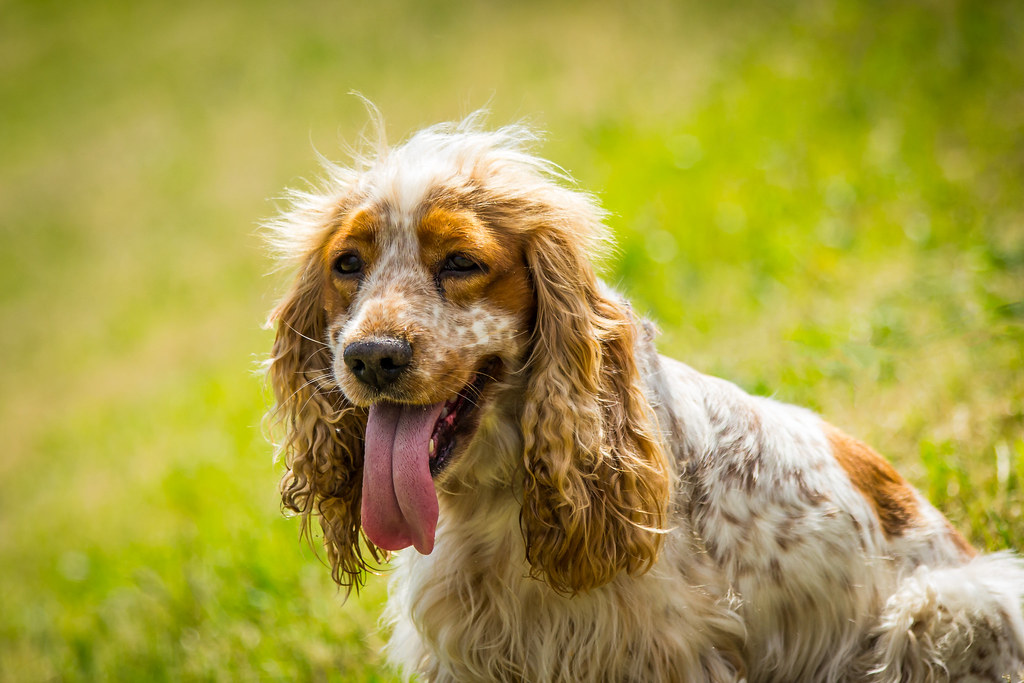
Flickr
Cocker Spaniels are generally friendly and affectionate, but they can become prone to aggression if not properly trained or if they feel neglected. These dogs thrive on attention and companionship, and without adequate socialization or guidance, they may develop undesirable behaviors. Regular socialization with other dogs, people, and different environments is essential to help them become well-adjusted and confident. Positive reinforcement, paired with consistent obedience training, ensures they understand expectations and are rewarded for good behavior. With proper training and attention, Cocker Spaniels can be well-mannered, gentle, and loyal companions.
12. Basset Hound
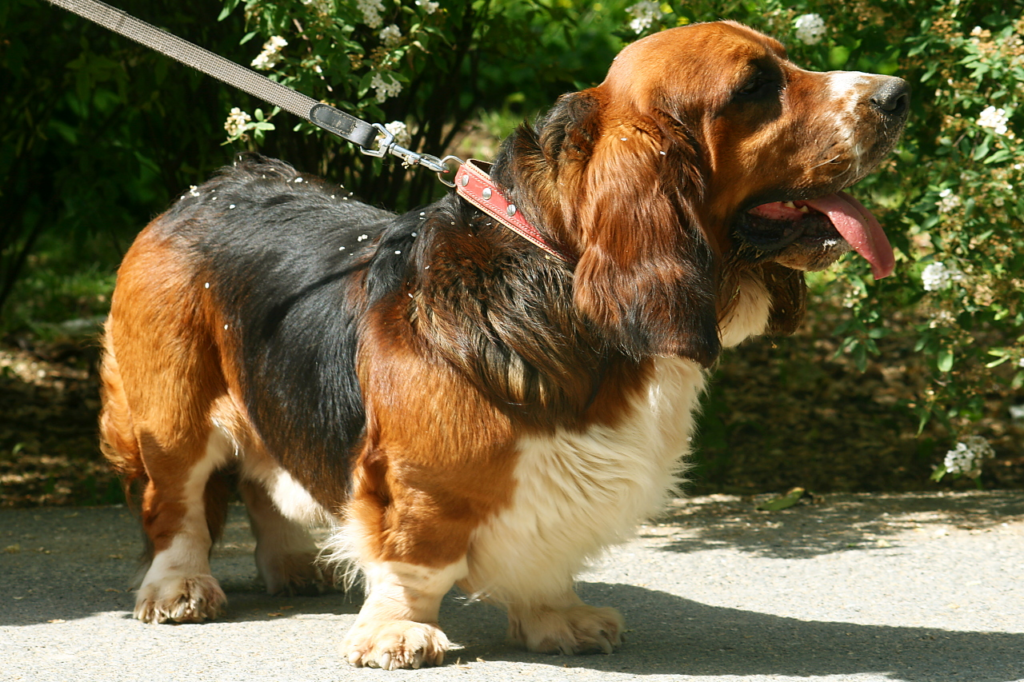
Wikimedia Commons
Basset Hounds may not appear aggressive, but their strong-willed and stubborn nature can sometimes lead to challenging behaviors. Known for their independent spirit, they can become difficult to train if not handled with patience and consistency. Early socialization with other dogs, people, and various environments is important to prevent unwanted behavior and promote positive interactions. With proper training, using positive reinforcement and clear boundaries, Basset Hounds can learn to be well-behaved. Their loving and loyal nature shines through when given the right guidance, helping them become a calm and enjoyable companion for the whole family.
13. Boxer
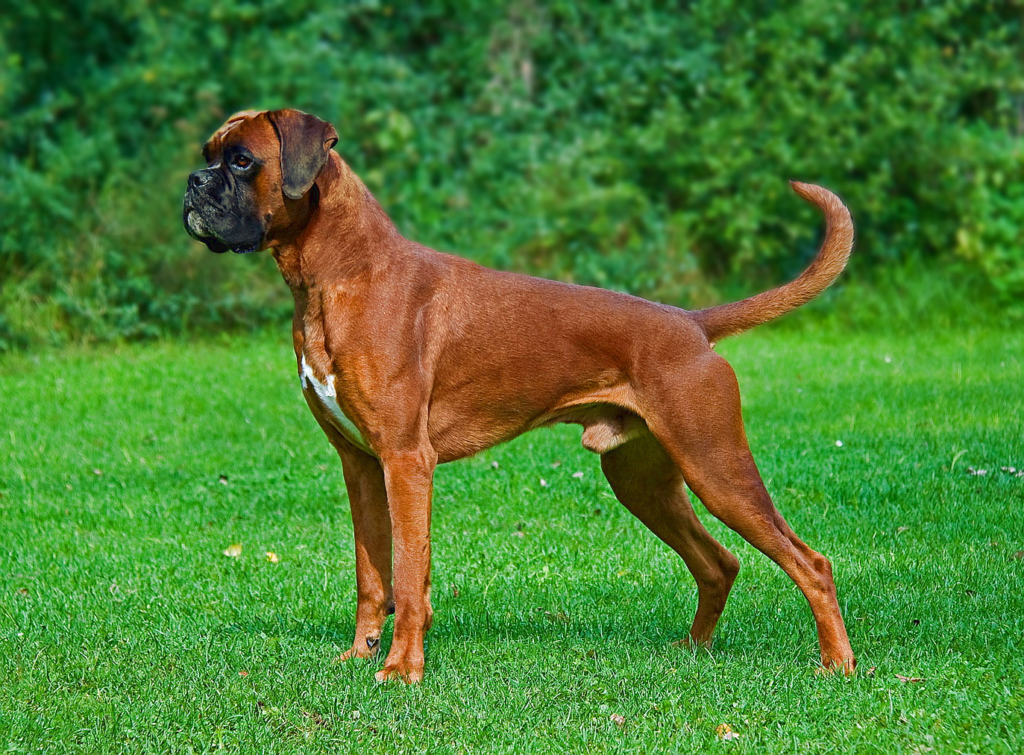
Wikimedia Commons
Boxers are energetic, playful, and protective dogs, traits that can sometimes lead to aggressive behavior if not properly managed. Their strong guarding instincts and high energy levels require regular exercise and mental stimulation to prevent frustration or anxiety, which can result in undesirable behaviors. Early socialization with other dogs, people, and different environments helps them become well-adjusted and reduces the likelihood of territorial or defensive aggression. Consistent training using positive reinforcement techniques ensures they understand boundaries and commands. With the right care and structure, Boxers can be friendly, well-behaved dogs that are both protective and loving.
14. Saint Bernard
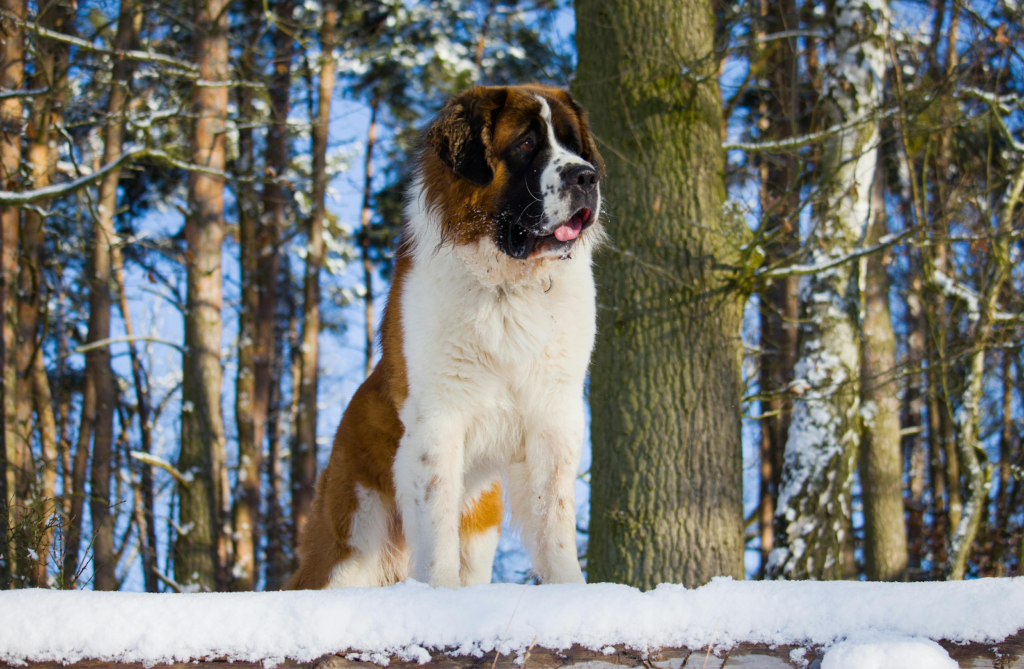
Pexels
Though generally calm and gentle, Saint Bernards can display aggression if they feel threatened, anxious, or unprepared for certain situations. Their large size and protective instincts make early socialization with other dogs, people, and environments crucial to reducing anxiety-driven aggression. Consistent training, using firm yet positive methods, helps them understand boundaries and develop good behavior. Early exposure to new experiences ensures they are comfortable in a variety of settings, preventing fear-based reactions. With proper guidance, Saint Bernards can be well-mannered, confident dogs that are both loving companions and reliable guardians.
15. Chihuahua
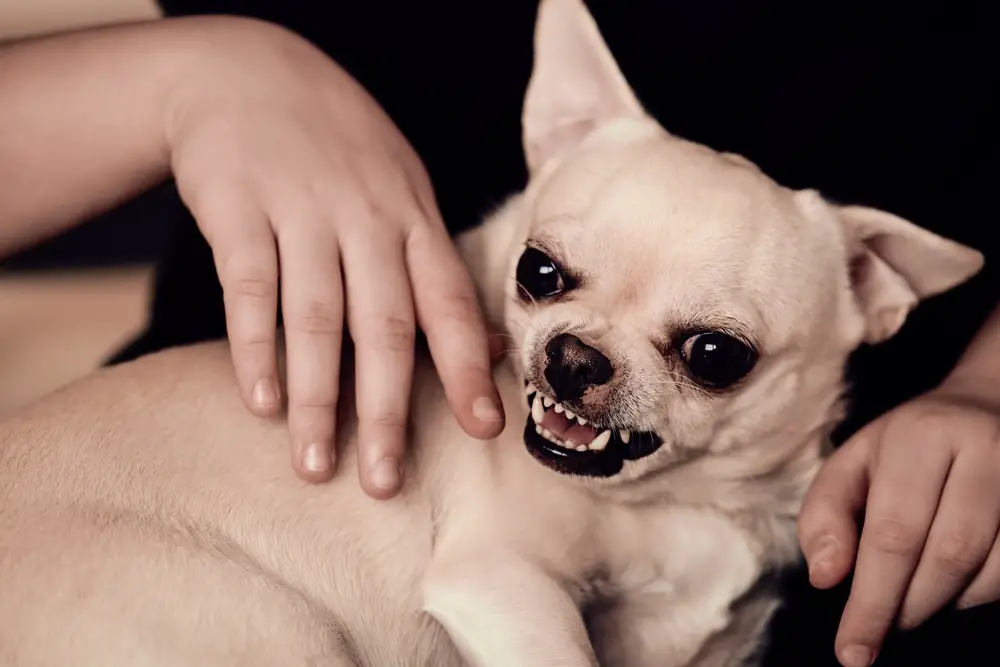
Shutterstock
Chihuahuas may be small in size, but they often have big personalities and can exhibit aggression, particularly if they become overprotective or anxious. Their protective instincts can lead to territorial behavior and reactive aggression, especially when they feel their space or family is threatened. Early socialization with other dogs, people, and various environments is essential to help them feel comfortable and confident in different situations. Positive reinforcement and consistent training can also help curb unwanted behaviors, while clear boundaries teach them the right way to behave. With the right care, Chihuahuas can be well-adjusted, affectionate companions.
16. Pit Bull Terrier
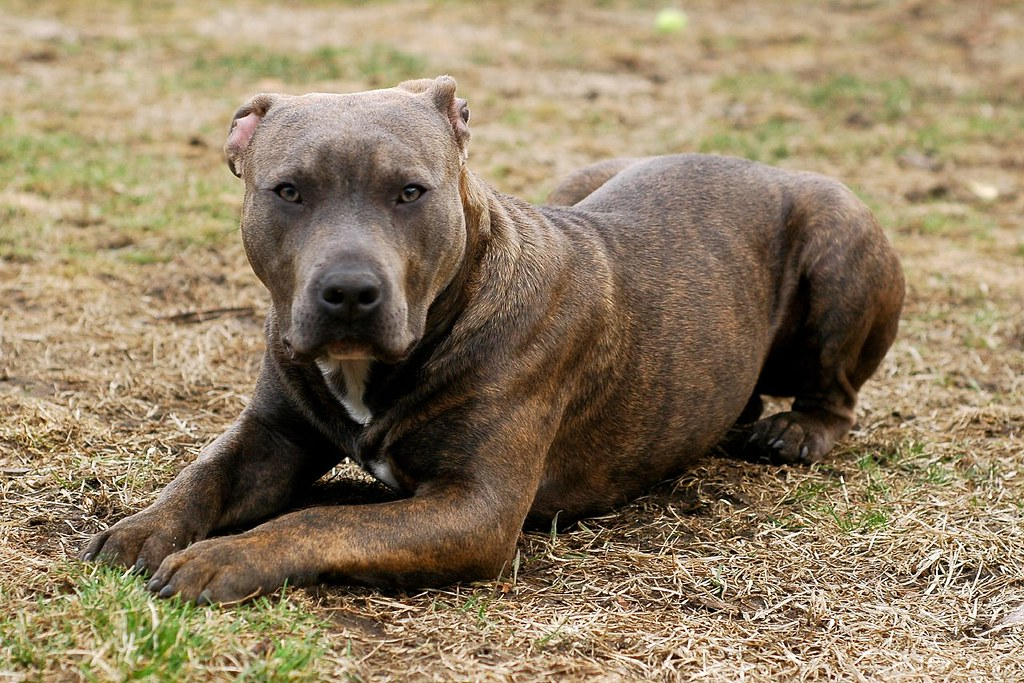
Flickr
Pit Bulls are strong, loyal dogs that, when well-trained, make excellent companions. However, they can display aggression if not properly socialized from a young age. Without early exposure to different environments, people, and other animals, Pit Bulls may become fearful or territorial, leading to undesirable behaviors. Consistent training, positive reinforcement, and clear boundaries are essential for managing their energy and instincts. Owners should establish themselves as the pack leader to ensure the dog understands its place in the household. Proper socialization and obedience training can help prevent aggression, making them safe and well-behaved family pets.
17. Akita
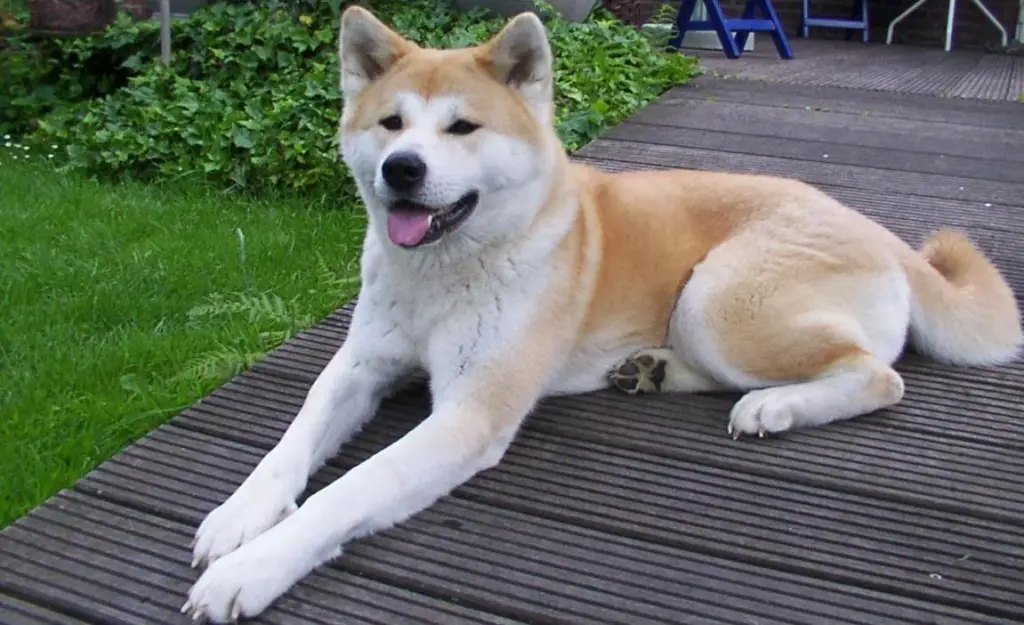
Wikimedia Commons
Akitas are powerful, independent dogs with strong guarding instincts, which can sometimes lead to aggression if not properly managed. They are naturally protective of their families and territory, making early socialization essential to ensure they are comfortable around other dogs, animals, and people. Proper training from a young age, along with clear and consistent boundaries, helps Akitas understand acceptable behavior and minimizes aggression. Positive reinforcement techniques can further encourage good behavior and strengthen the bond between the dog and owner. With the right guidance, Akitas can be loyal, well-behaved companions.


